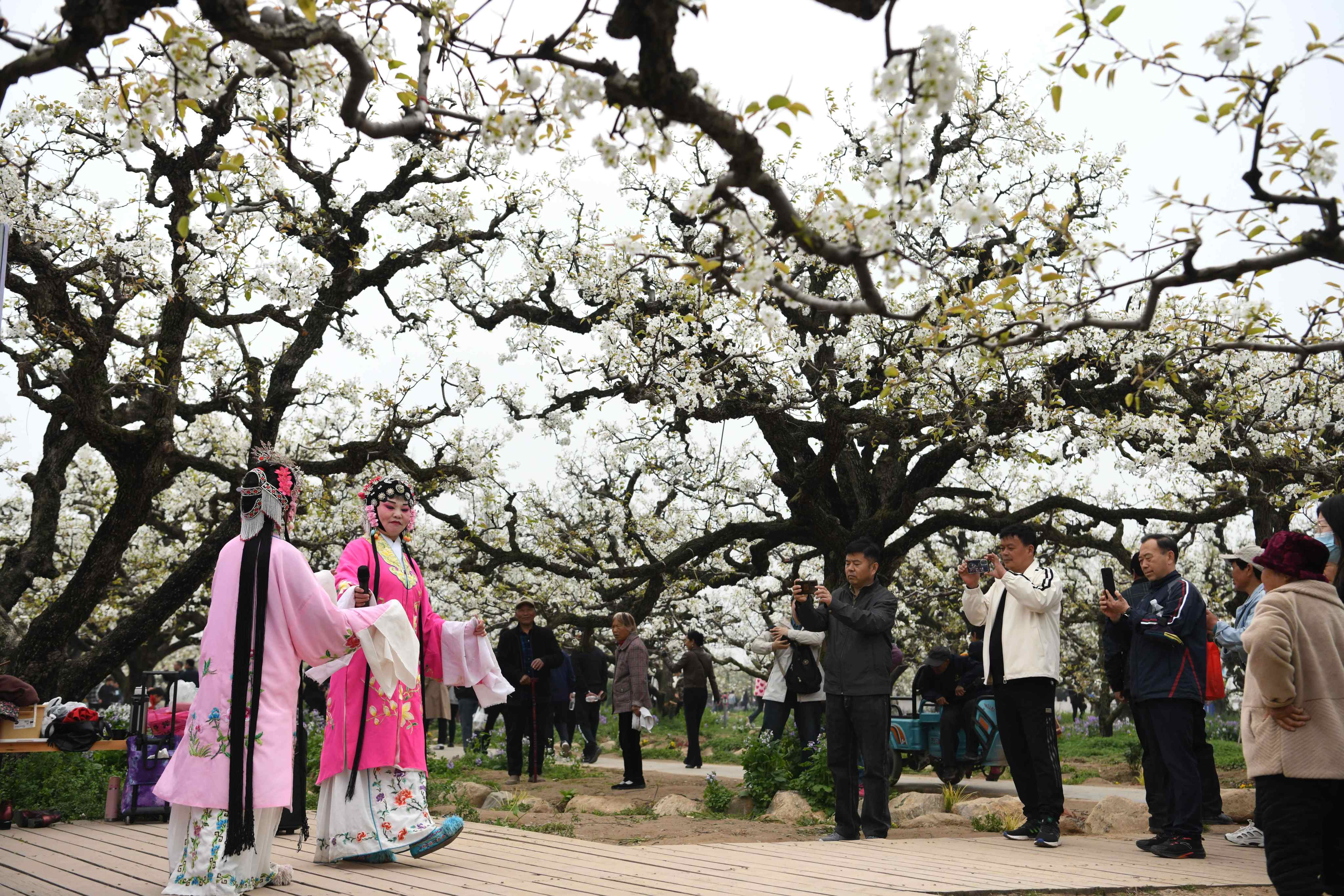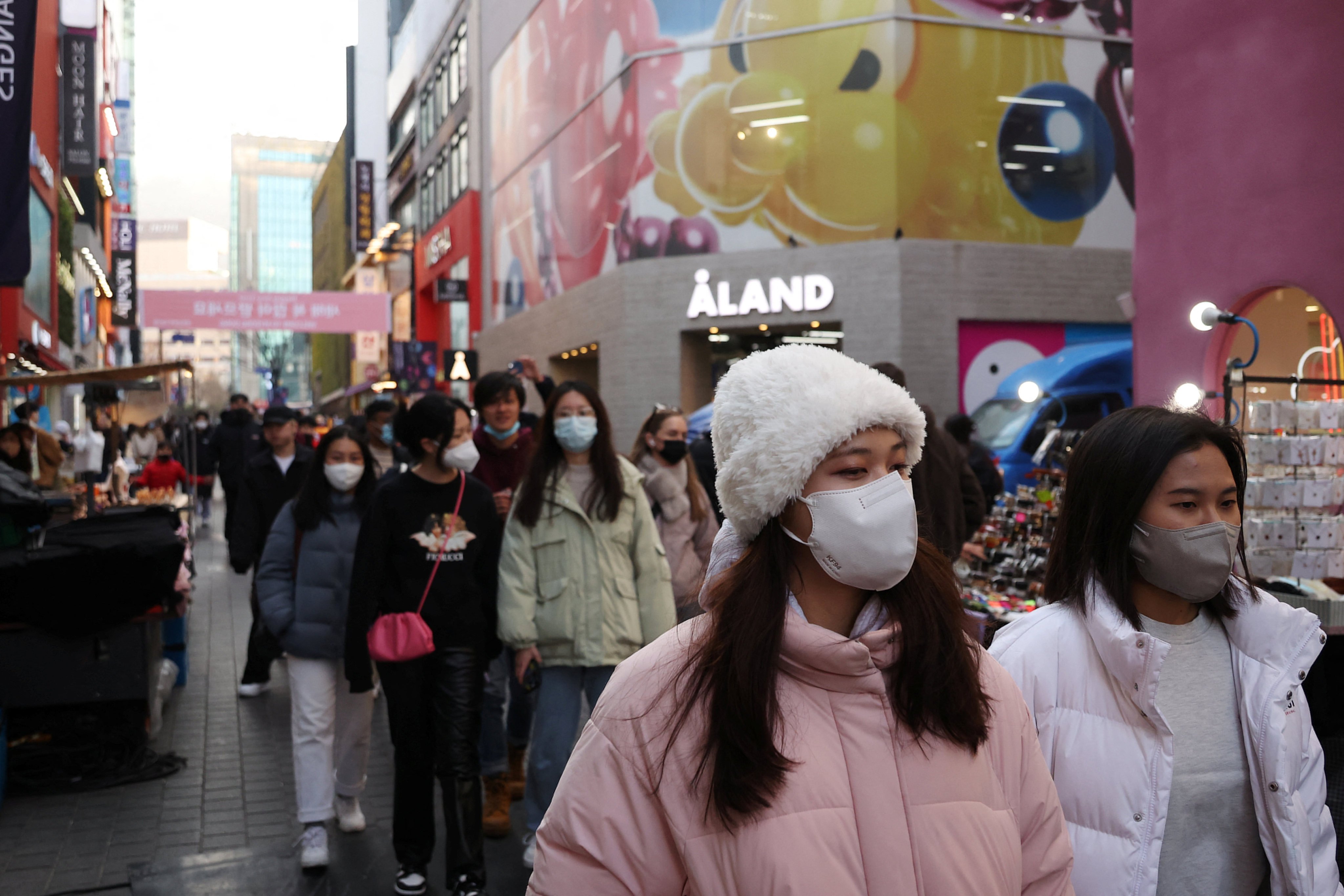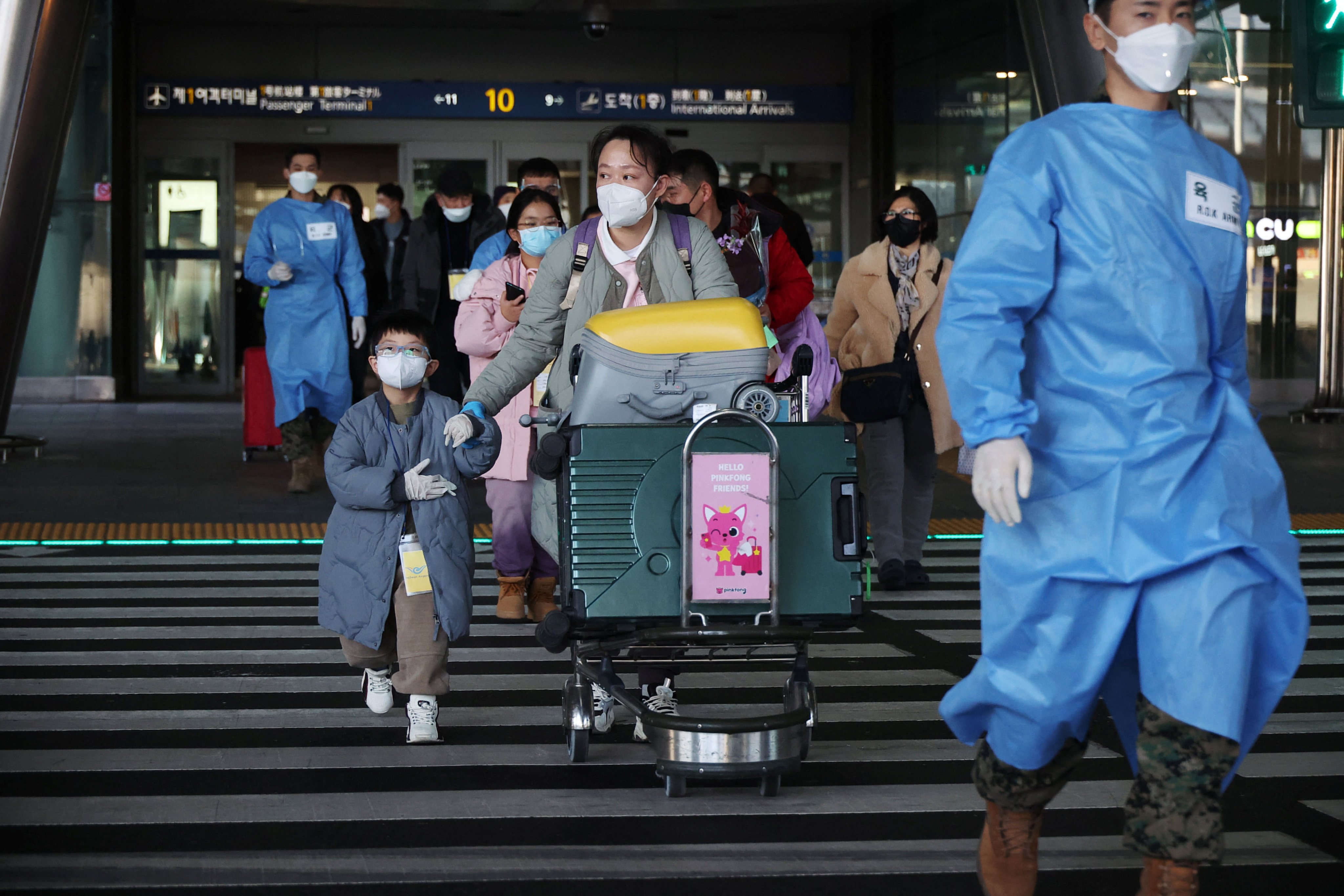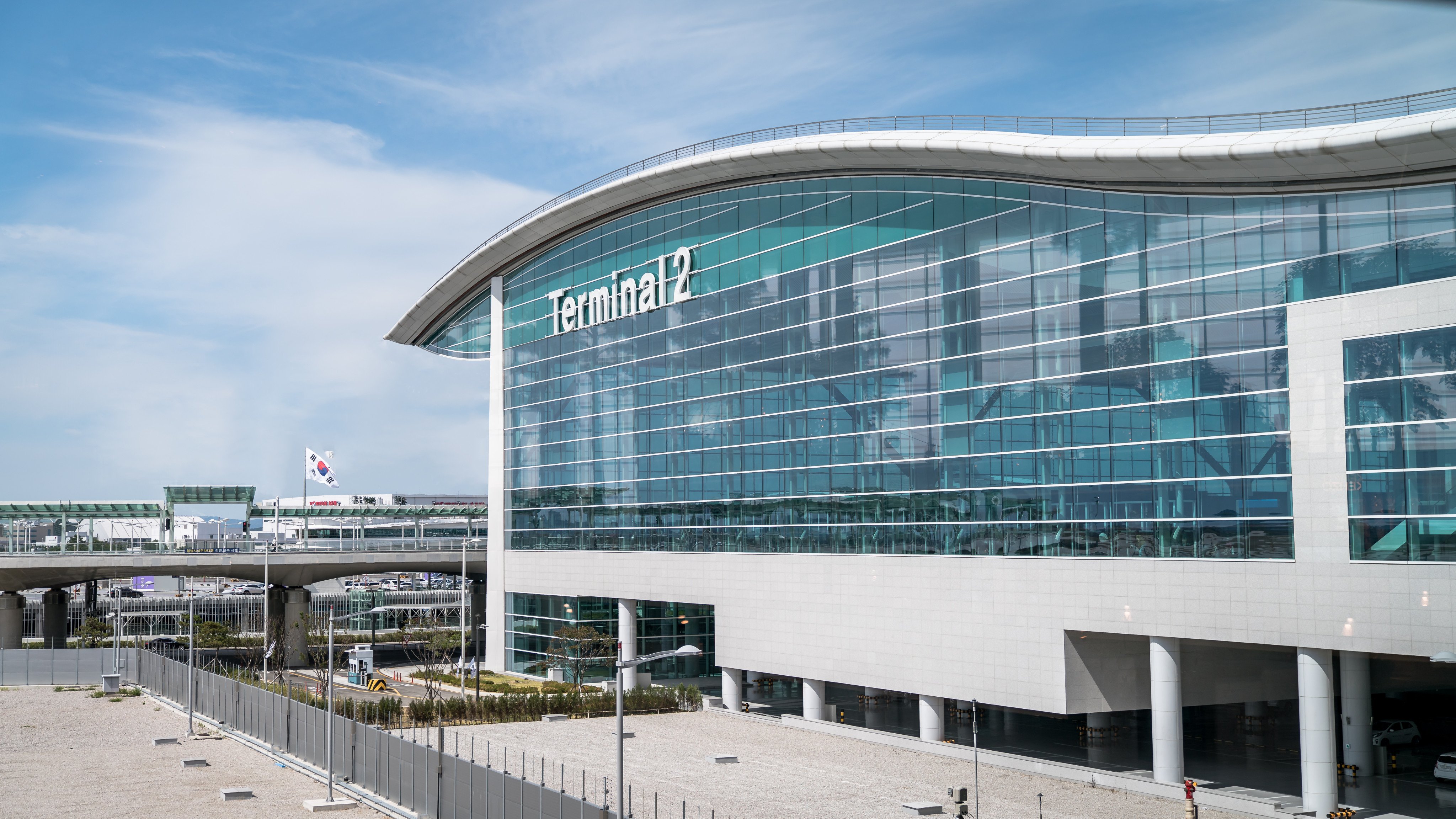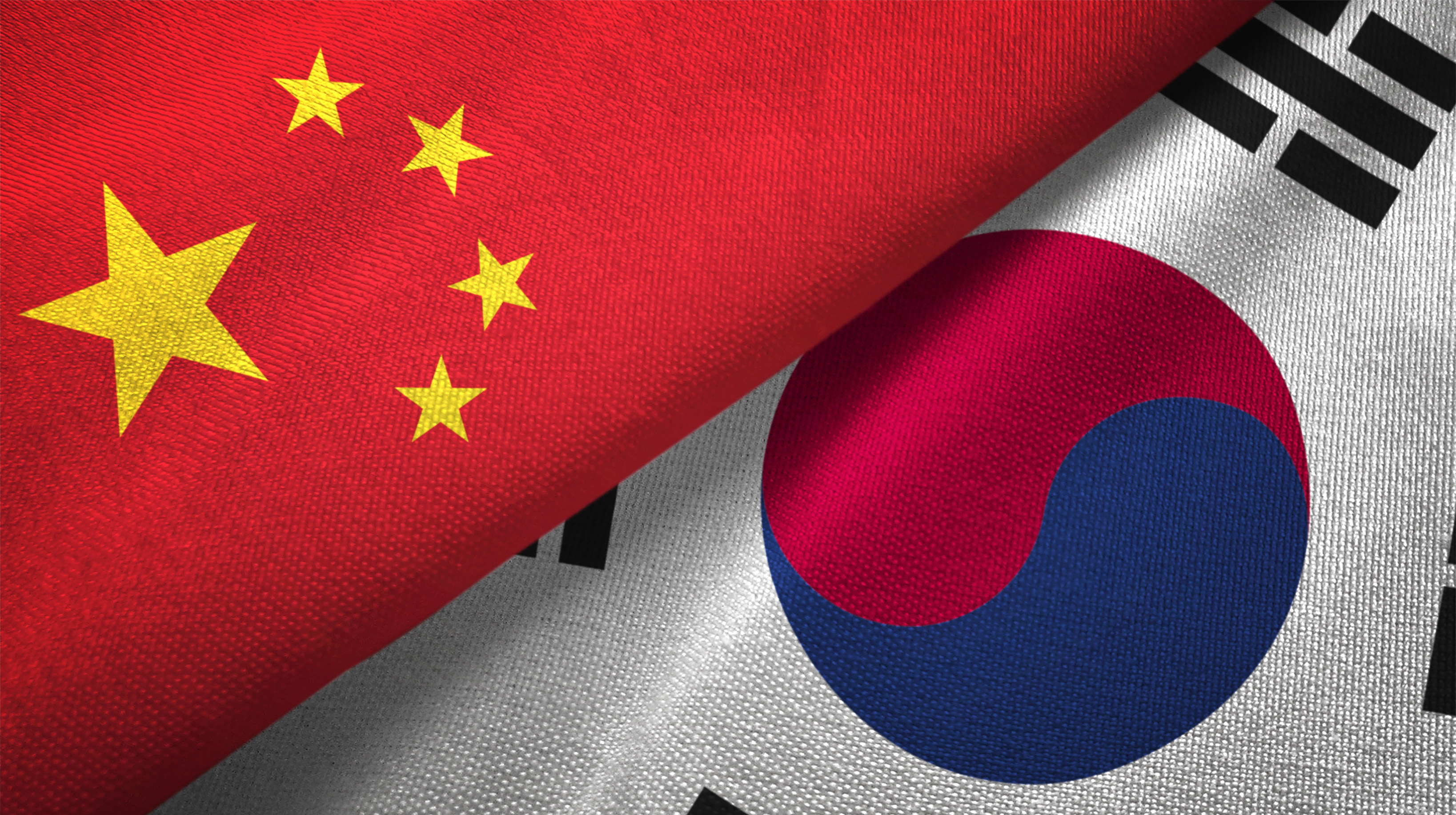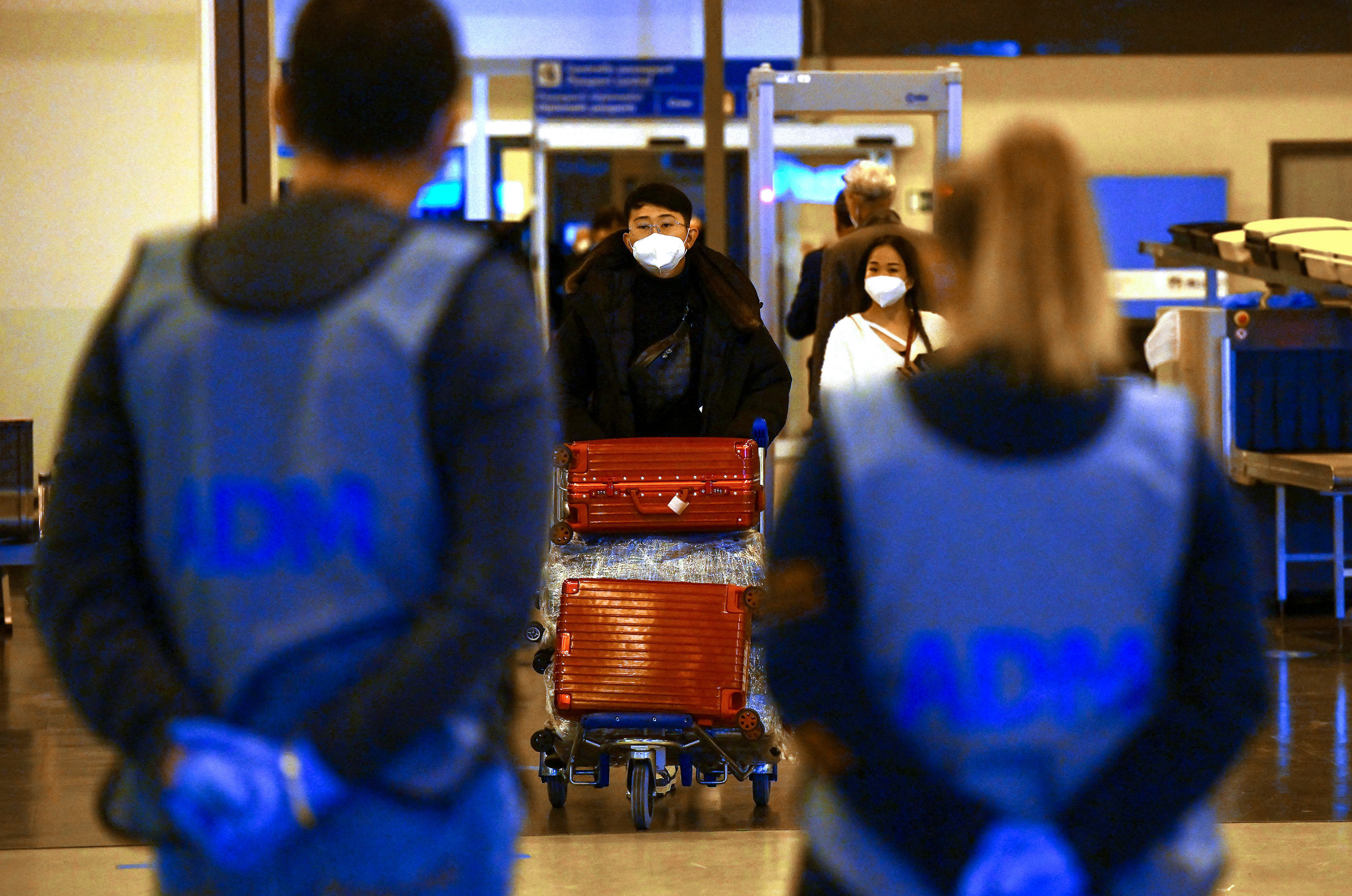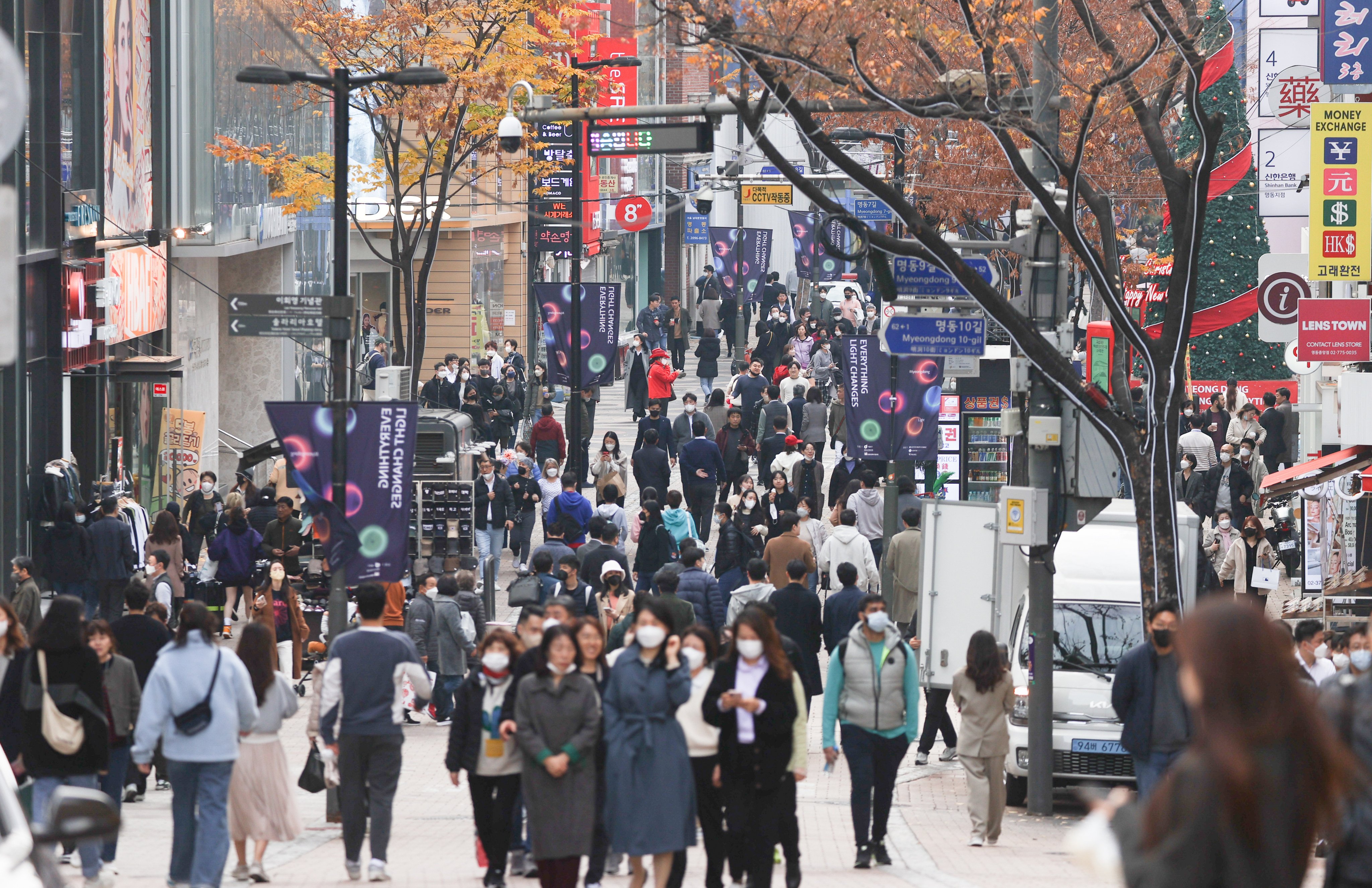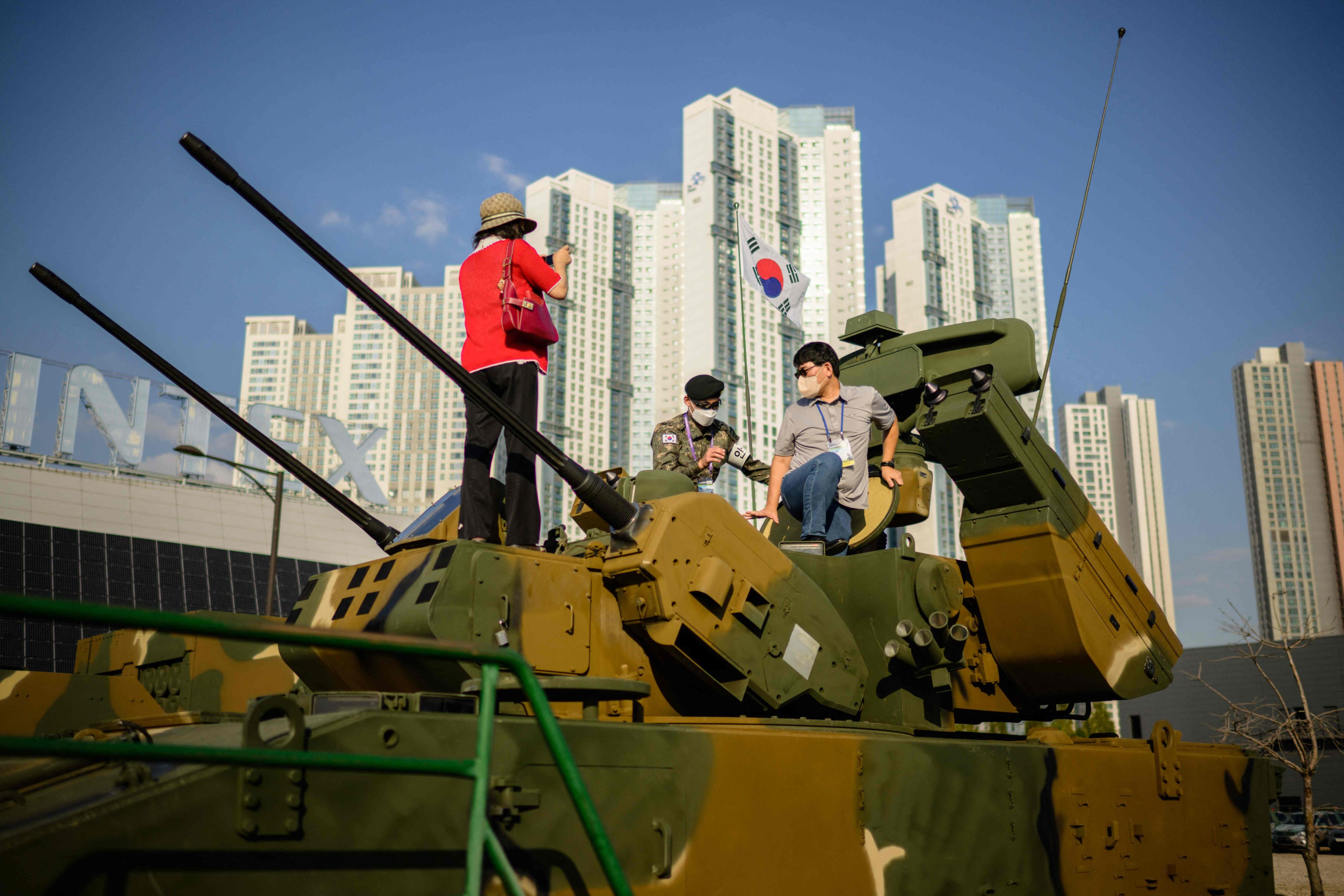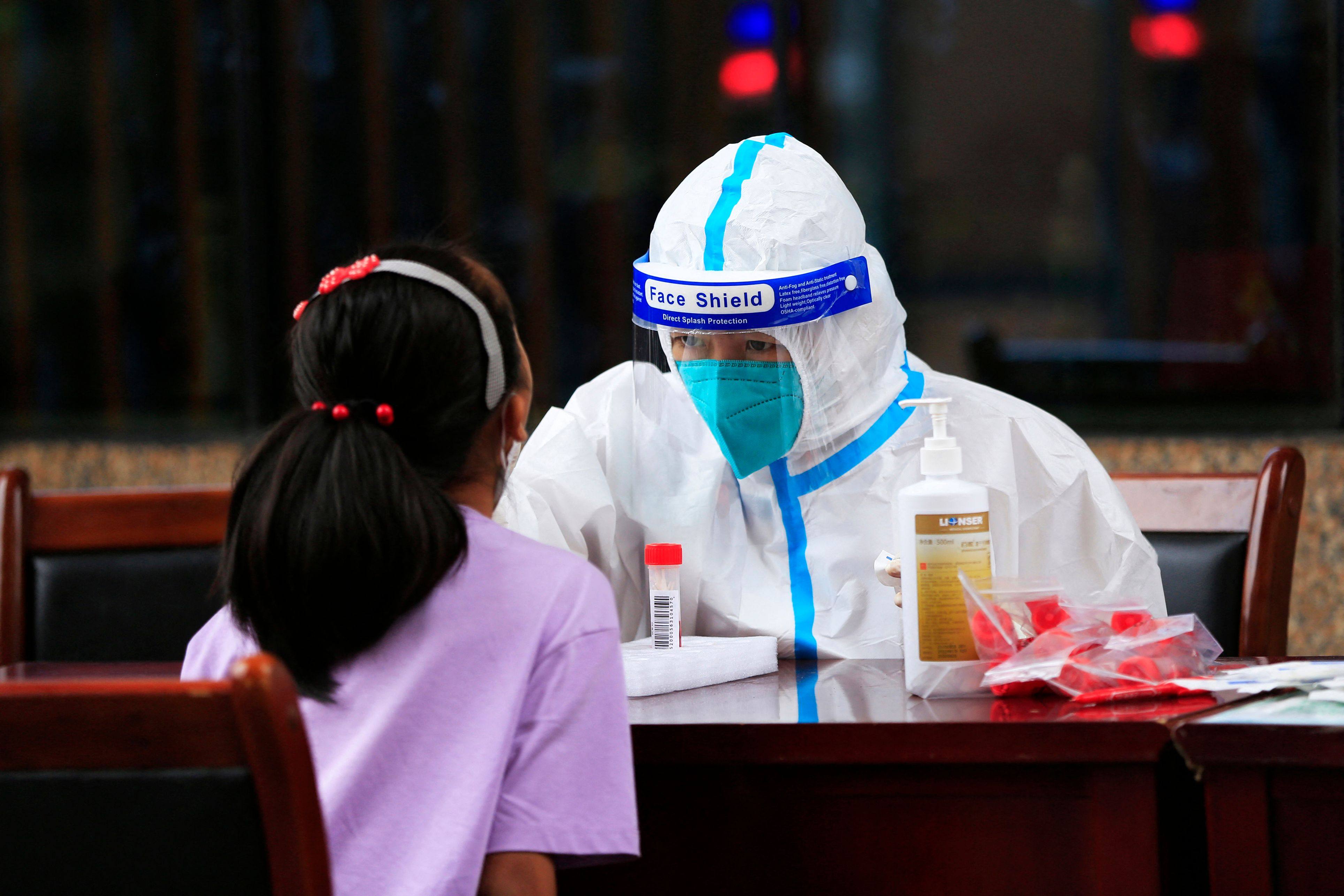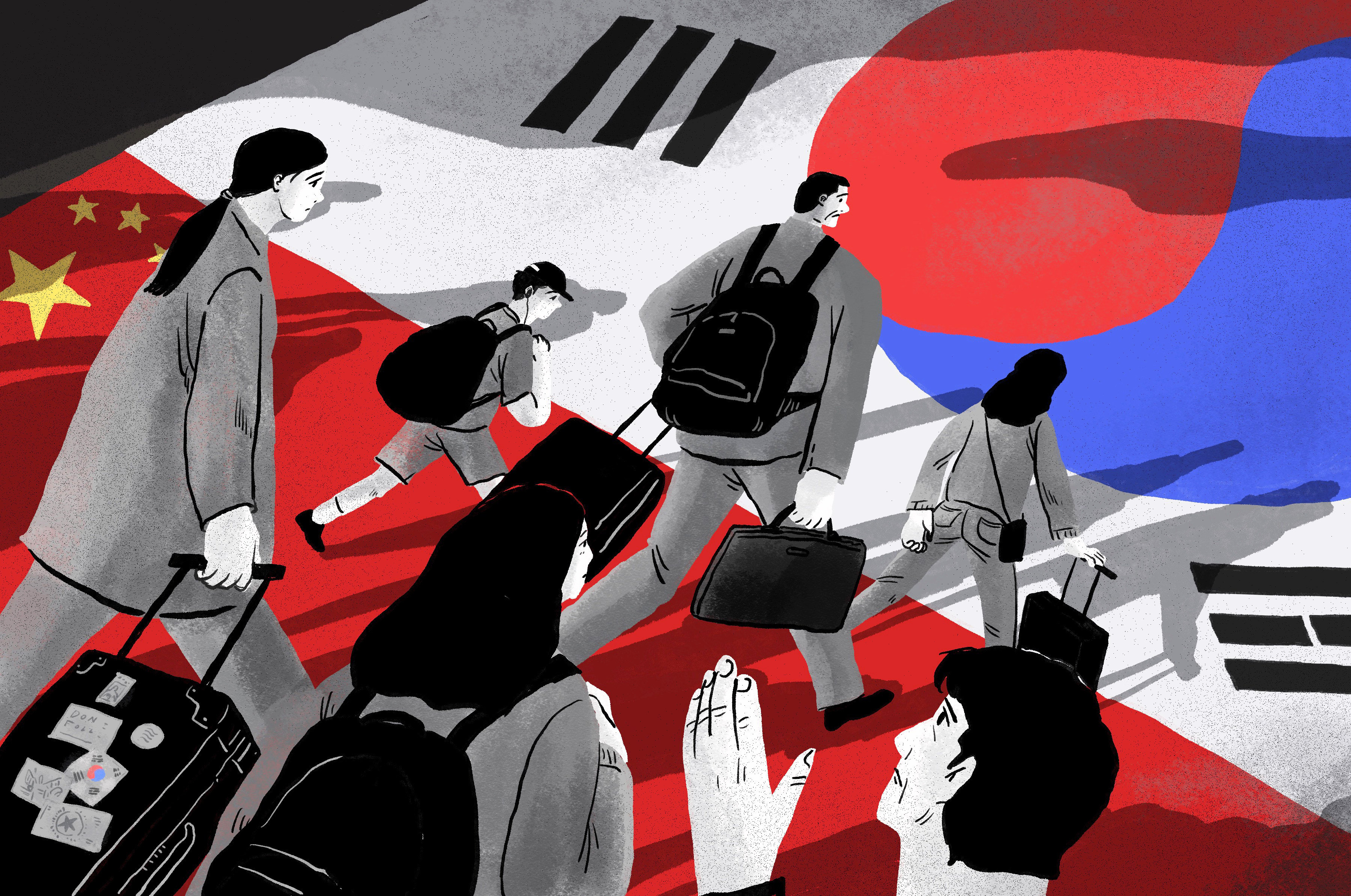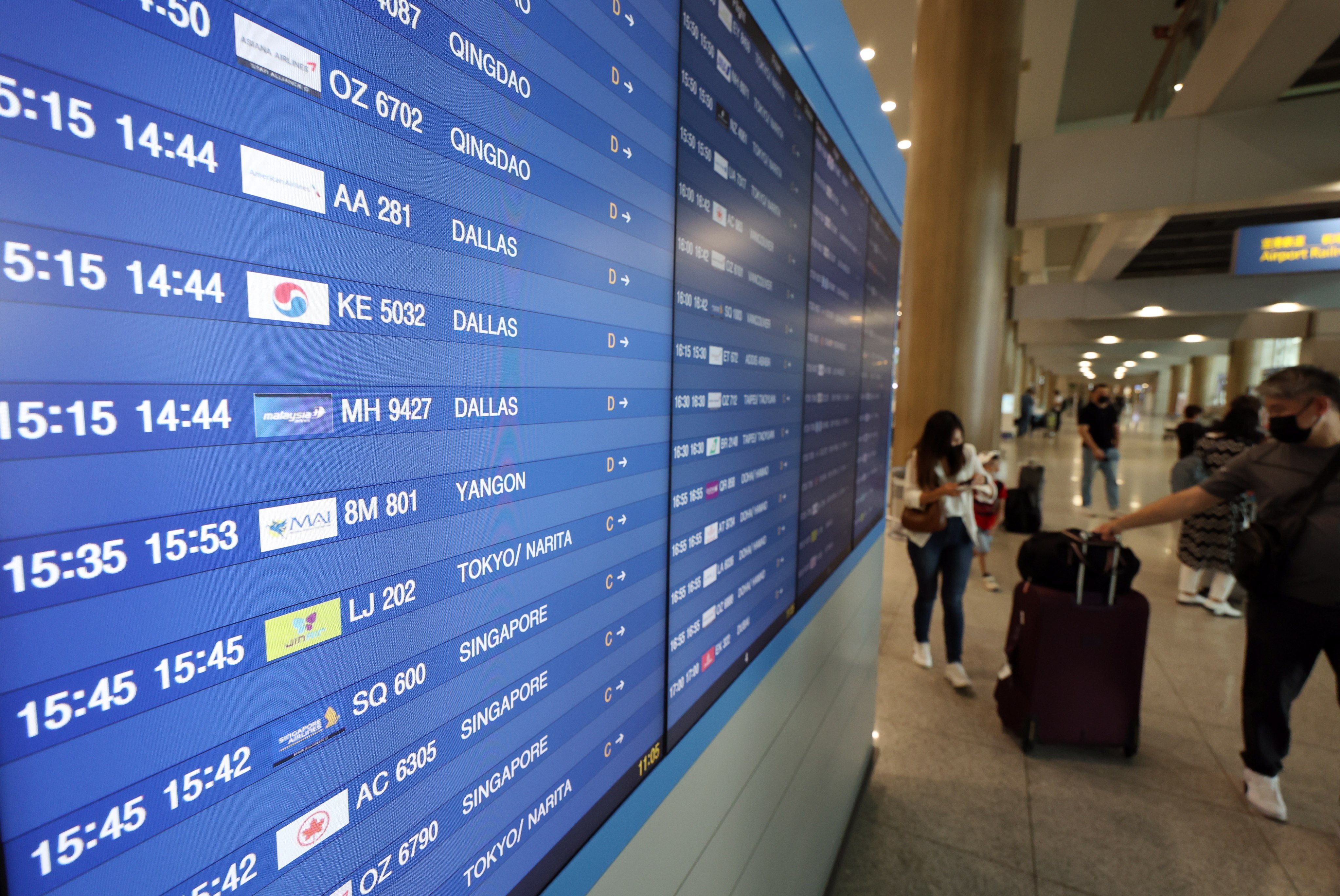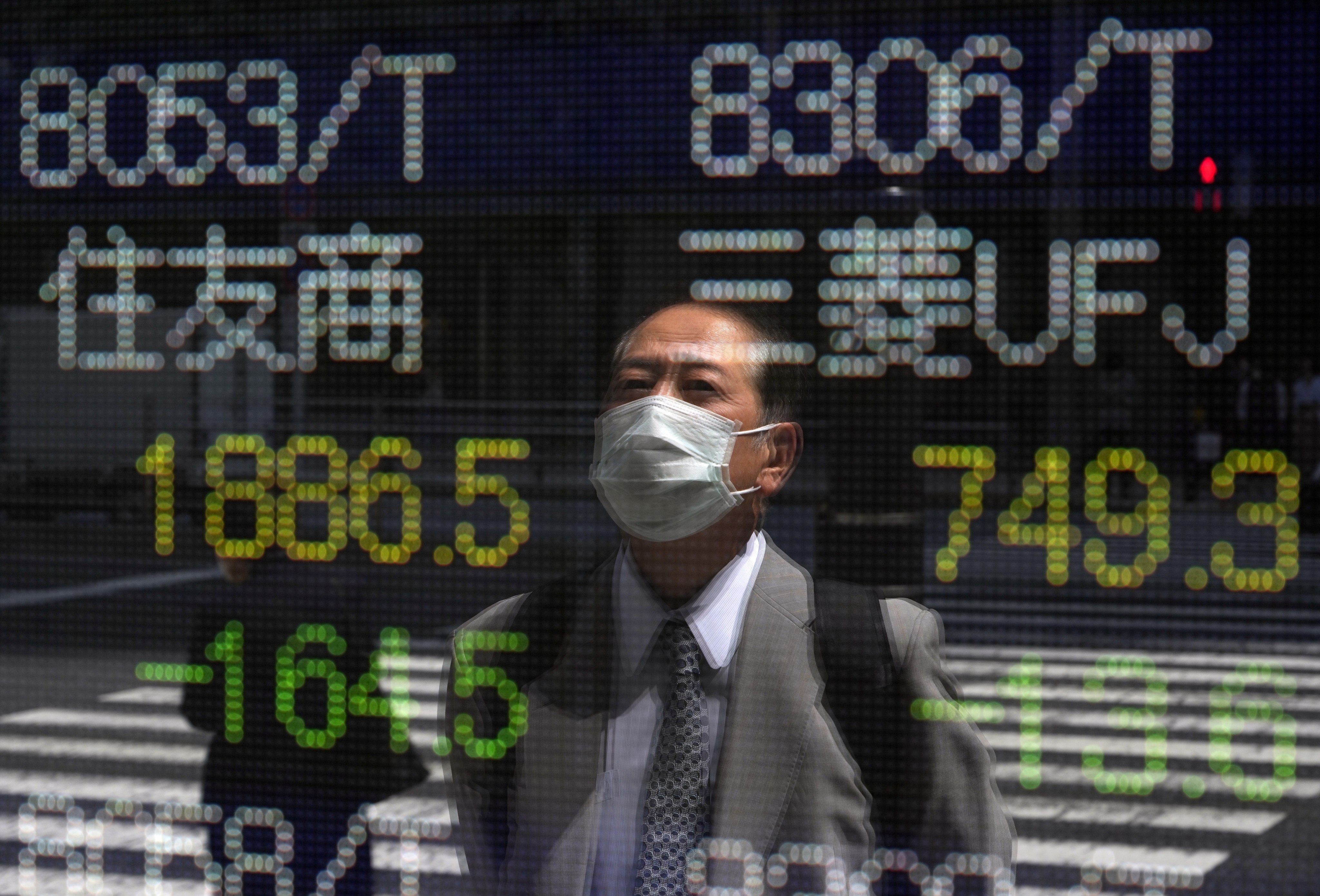Advertisement
Advertisement
TOPIC
Coronavirus South Korea
Coronavirus South Korea
Latest news and updates on the impact of a new strain of coronavirus on South Korea. The virus, which causes the disease Covid-19 and was first reported in Wuhan in China, has killed hundreds of people and infected thousands in South Korea. Many of the initial cases were linked to a branch of the Shincheonji Church of Jesus in the southeastern city of Daegu.
Advertisement
Advertisement
Advertisement
Advertisement
Advertisement
Advertisement
Help preserve 120 years of quality journalism.
SUPPORT NOWAdvertisement
Advertisement
Advertisement
Advertisement
Advertisement
Advertisement
Advertisement
Advertisement
Advertisement
Advertisement
Advertisement
Advertisement
